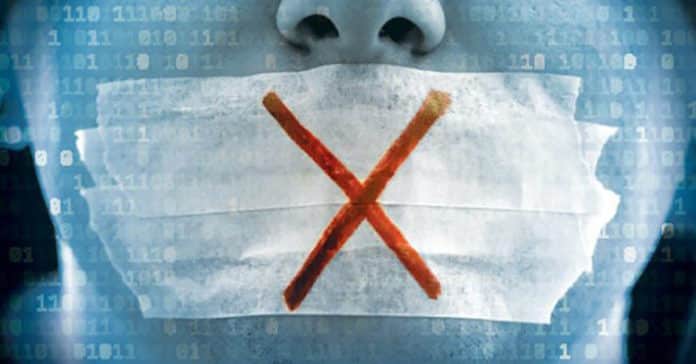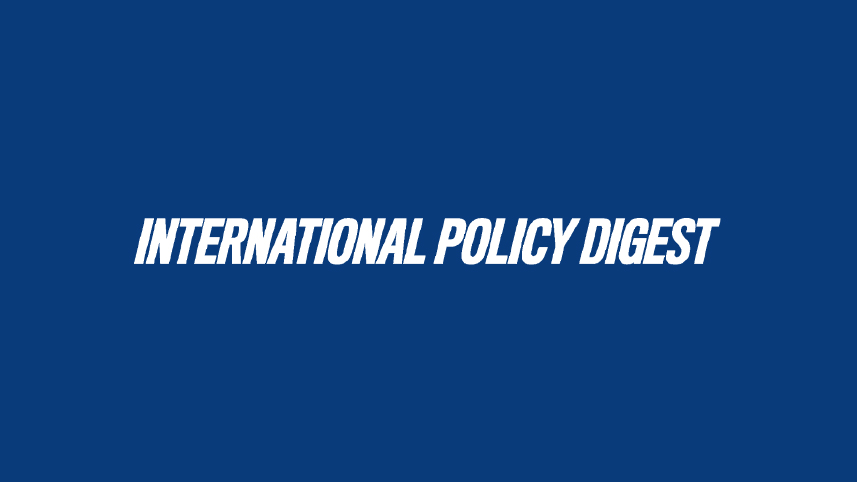KKC Partner Weighs in on Trump Administration’s Communications Policies

The Office of Special Counsel (OSC) issued a press release on January 25 to remind federal agencies and federal workers of the rights afforded whistleblowers under the Whistleblower Protection Enhancement Act (WPEA).
The OSC stated that under the anti-gag provision of the WPEA, agencies cannot impose nondisclosure policies on federal employees without including the required language that informs them of their statutory right to blow the whistle. This reminder comes after scientists at the Environmental Protection Agency and the Department of Agriculture were blocked this week by the Trump administration from communicating with the public and the press. A move that has the potential to create a chilling effect on federal workers.
KKC partner David Colapinto was sought our for comment on the Trump administration’s communication policies due to his extensive experience in the area of whistleblower protection.
The National Law Journal quoted Colapinto in its article Whistleblower Lawyers on Alert as Trump Establishes Message Control, “Trump’s picks for the Office of Special Counsel and for the U.S. Merit Systems Protection Board, which oversees federal employee issues, could give clues to his approach to whistleblower protections. ‘I think only time will tell as to whether or not the Trump administration is going to carry out a lot of retaliation against whistleblowers or whether or not they will respect that right.'”
Federal News Radio published an in depth article today on the issue citing to lawmakers who are pointing out the policies violate current federal whistleblower laws since they fail to include a “mandatory statement explaining that federal employee communications with the inspectors general or members of Congress are protected.” Colapinto, who serves as the General Counsel for the National Whistleblower Center, stated, “It makes you wonder what is happening inside the agencies, what’s being discussed as to what you can say, what you can’t say.”
“The way these things are worded, the way they’ve come out, it isn’t clear that it is not intended to chill employee rights to raise concerns within the agency or to go to places where they’re legally allowed to go,” Colapinto said. “Without providing that mandatory statement in the memos and things that we’ve seen released so far, it certainly lends itself to confusion and possible violations of law.”
Latest News & Insights
October 16, 2024




